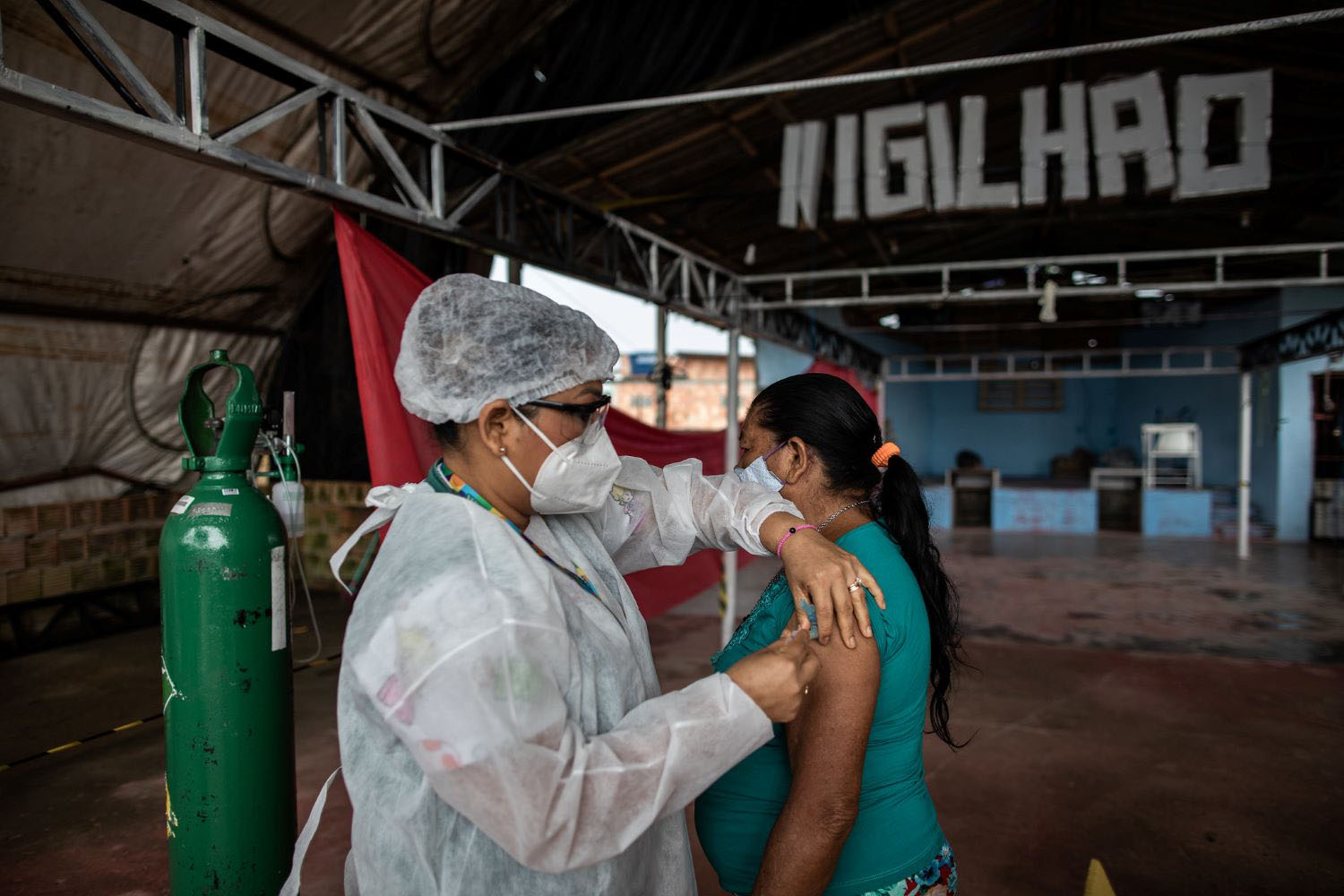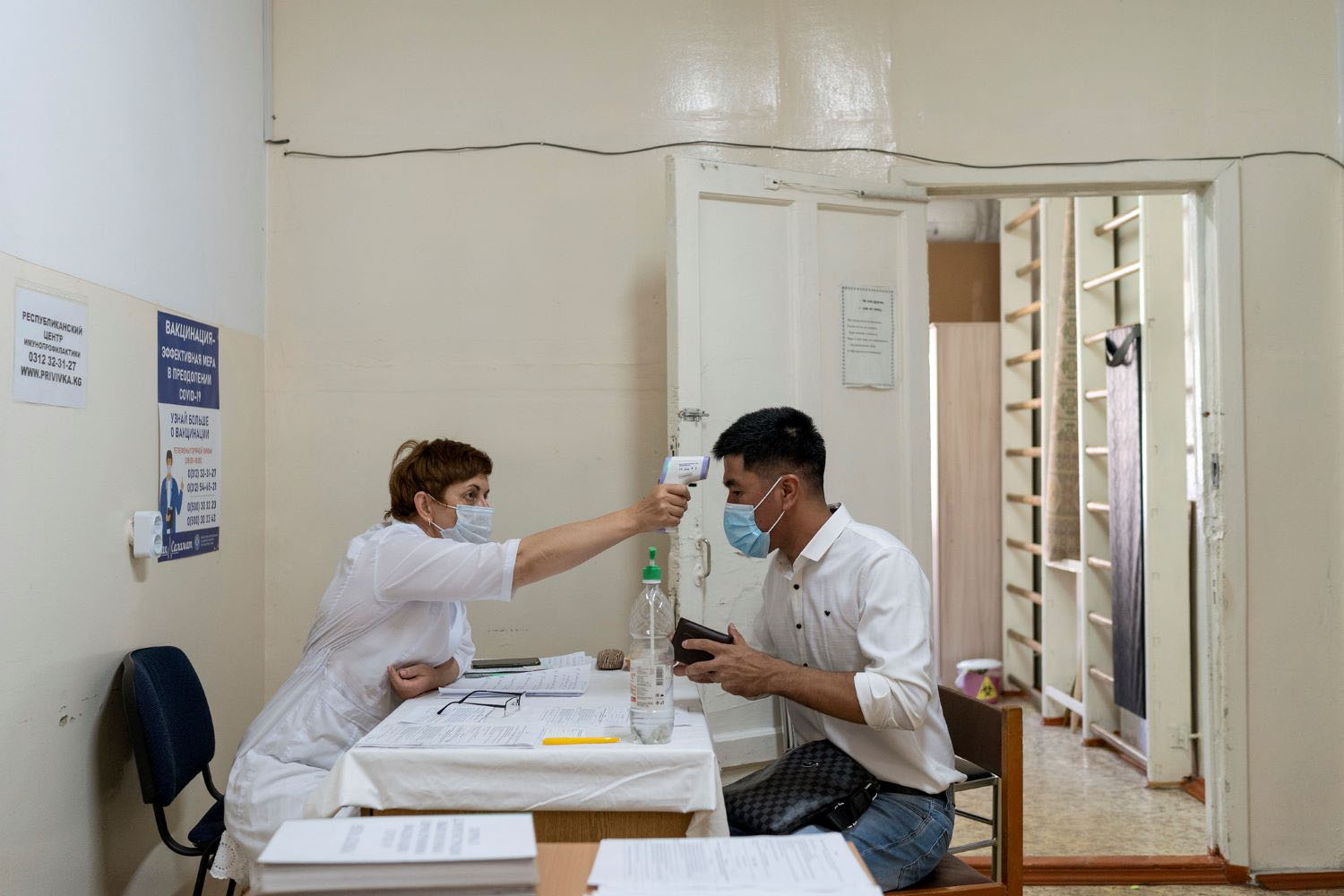The 22 congressman who recently wrote to the US Trade Representative (.pdf) in support of Thailand's exercise of a "compulsory license" for the AIDS drug efavirenz should be commended. Efavirenz - currently under patent by Bristol-Myers Squibb - is particularly important to Thailand's national AIDS program as a component of first-line triple drug AIDS therapy, replacing nevirapine (whose disfiguring side effects constrained patient compliance) and postponing the patients' need for much more expensive second-line drugs. [Note: The letter from the congressmen errs in saying that efavirenz is itself a second-line therapy.]
Thailand is now pursuing a compulsory license to ensure that it can continue to afford efavirenz for the more than 60,000 patients to whom it is now offering free AIDS treatment. Assuming that Thailand is suffering a health emergency due to AIDS, the country is only exercising its rights under the international WTO treaties - which the US has also signed.
By reducing the prices of many diverse traded products, the WTO treaty and its extensions immediately provide extraordinary benefits for consumers in poor and rich countries alike. In contrast, the WTO provisions to protect intellectual property, like patents for AIDS drugs, immediately benefit the owners of those patents, almost all of whom reside in rich countries. The rich countries have made a persuasive case that the poor countries should respect these intellectual property provisions in order to gain the other benefits of access to rich countries' markets and because better protection of these rights will eventually stimulate more invention and creativity in poor countries.
Fair enough, at first glance. But this arrangement would ignore the plight of countries which are struggling with the burden of trying to save the lives of thousands of people living with AIDS. Recognizing this difficulty, the poor countries only agreed to the deal on the condition that exceptions be made when a country is suffering from a health emergency. In these special situations, which will hopefully be rare, the treaty signed by the US gives the poor country the right to issue a compulsory license to one of its own companies to produce a needed drug.
As a signatory to these WTO treaties, the US government reaps the benefits at the same time that it seeks to protect the profits of the multinational pharmaceutical firms whose patented products are needed by countries with health emergencies. In the original negotiations, the US was forced to compromise on TRIPs and is now trying to gain more ground by using the framework of bilateral free trade agreements, as a sort of "divide-and-conquer" approach to the AIDS-affected countries of the world. Recent FTA discussions with Thailand - since put on hold - were stalled in part due to the proposed restrictions around compulsory licensing. In the absence of a FTA, Thailand was able to legally issue a compulsory license to its own Government Pharmaceutical Organization for the manufacture of efavirenz on the grounds that the country is suffering a health emergency.This course of action raises several questions about the state of the AIDS epidemic in Thailand, and the extent of its dependency on efavirenz for treatment. On one hand, it's true that Thailand's AIDS emergency could be much worse than it is; in fact, a recent World Bank analysis found that Thailand's AIDS problem would be 14 times worse today if it had not implemented such an effective HIV prevention policy in the 1990s. Nevertheless, the cost to Thailand of meeting its commitment to all AIDS patients will be substantial. Assuming the country commits to providing second-line as well as first-line AIDS therapy, so as to maximally extend the lives of its patients, we estimate that Thailand will have to increase its already large AIDS budget by a factor of seven until it reaches $500 million dollars a year and consumes more than a fifth of all health expenditures. While Thailand can afford such an enormous increase in AIDS spending, if it chooses to do so, such enormous expenditures would come at the cost of other cost-effective health or non-health government programs that also demand attention.
But there are several other options. One would be for Thailand to restrict its treatment program to first-line drugs. This would limit expenses dramatically, but it would cut patients off treatment when the first-line drugs stop working. Another option would be for Thailand to issue compulsory licenses on the second-line drugs, which will consume two-thirds of Thailand's AIDS treatment budget by the year 2015 unless there are significant cost reductions. Thailand's recent action on efavirenz may thus be a precedent for similar actions by Thailand and other countries on the even more expensive second-line drugs.
Should we be worried that international pharmaceutical manufacturers will be discouraged by these compulsory licenses from further research efforts on AIDS? This is a long term worry, which calls into question the wisdom of the exceptions in the WTO agreement, but should not distract us from Thailand's short term needs and the fairness of its case. Surely Bristol-Myers can earn sufficient profits in high income countries without suffering unduly from Thailand's compulsory license. In any case, the place for the international community to work out the right balance between intellectual property protection for pharmaceutical companies and the needs of less rich countries suffering health emergencies is surely in the multilateral context of the transparent and well-publicized WTO negotiations, not in one-by-one closed-door meetings among the US Trade Representative, the lobbyists for the multinational pharmaceutical companies and the governmental and industrial elite of individual poor countries.
Disclaimer
CGD blog posts reflect the views of the authors, drawing on prior research and experience in their areas of expertise. CGD is a nonpartisan, independent organization and does not take institutional positions.





